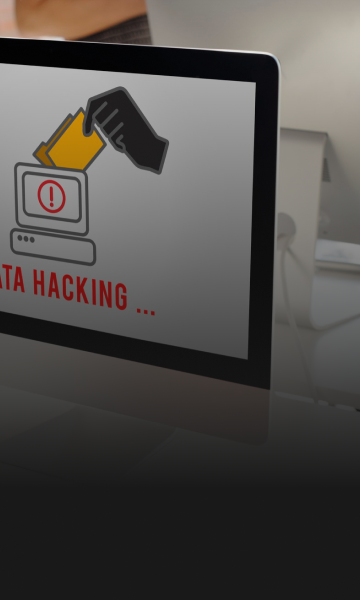Malicious Software
Under a malware attack, the data in your PC could be hacked, stolen, encrypted or even deleted.


What is a malware?
‘Malware’ which stands for ‘Malicious Software’ is used for compromising system functionality in order to steal or delete personal data by damaging system. Malware is a comprehensive term used for various malicious softwares.
Types of malware
-
Virus:
Virus is a piece of code which is injected in the targeted device, in an unethical manner in order to damage the system functionality. Viruses are spread through e-mails or attachments. A virus can delete data from your device, steal sensitive personal information and harm your system and network.
-
Trojan horse:
A Trojan horse is a piece of malware, which pretends to be something genuine such as an e-mail or an app or a web page. When user opens such malicious files, it secretly installs the malware which contains malicious codes that steal sensitive data and weaken your device.
-
Rootkit:
It is the hardest of all malwares to detect and hence to remove. Rootkit is created in such a way that it allows other information collecting malwares to gather your sensitive personal information without your knowledge.
-
Keyloggers:
Keyloggers are designed to copy or record all the data you type on your system in order to capture your login details, passwords and other credentials, without your knowledge. It then forwards your sensitive information to keylogging programs in order to gather information of your device.
-
Spyware:
Spyware keeps an eye on your activities. It monitors your online movements, gathers your personal information and sends it to the third-party applications, without your knowledge and consent. Spyware not only gets installed in your system, but it can also download other malicious programs automatically.
How to prevent your data from malware attacks?
- Do not connect to any open / public network
- Check wireless setting protocols before accessing wireless networks.
- Turn off Bluetooth and Wi-Fi
- Check application permission
- Verify before you open an e-mail
- Always keep back-up of your valuable data.
- Use strong anti-virus and anti-malware softwares. Consider Cyberior Digital Identity Theft Protection program which offers comprehensive data protection to your identity.
